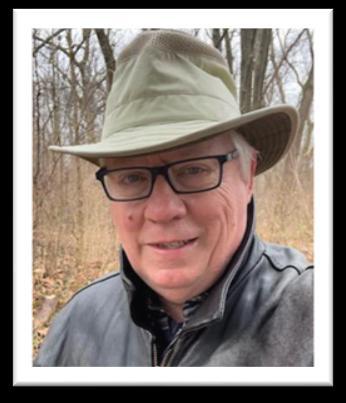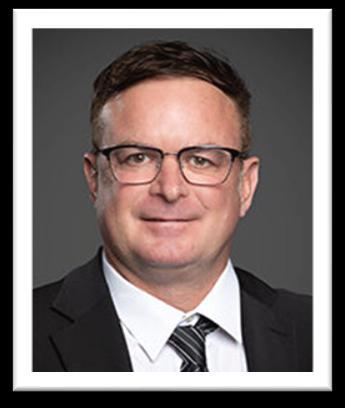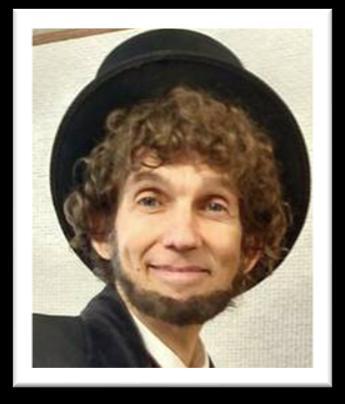Indiana Humanities’ upcoming thematic initiative focuses on American history, civics, and democracy in commemoration of the 250th anniversary of the signing of the Declaration of Independence in 2026. Over several years, we will design and support humanities programs that help Hoosiers examine America’s founding principles, the history of American democracy, how Americans play a role in our system of government, and how citizens relate to one another to build the civic fabric of our nation.






























